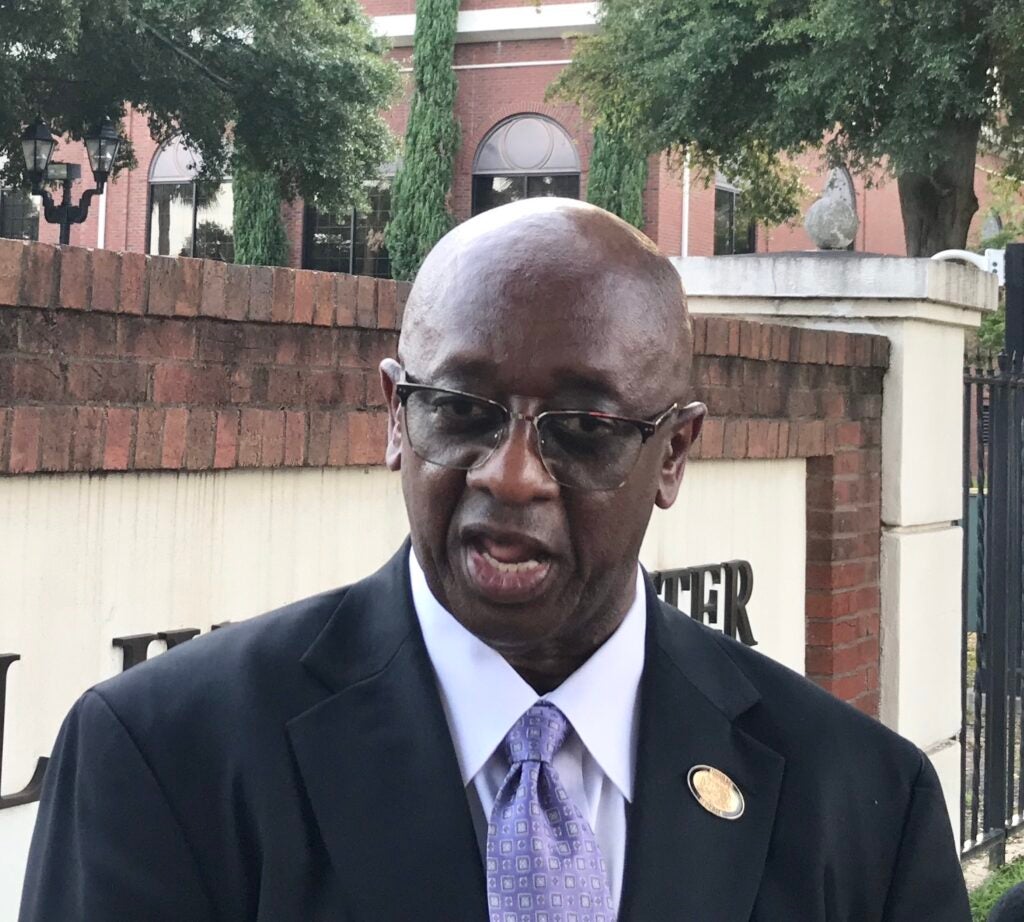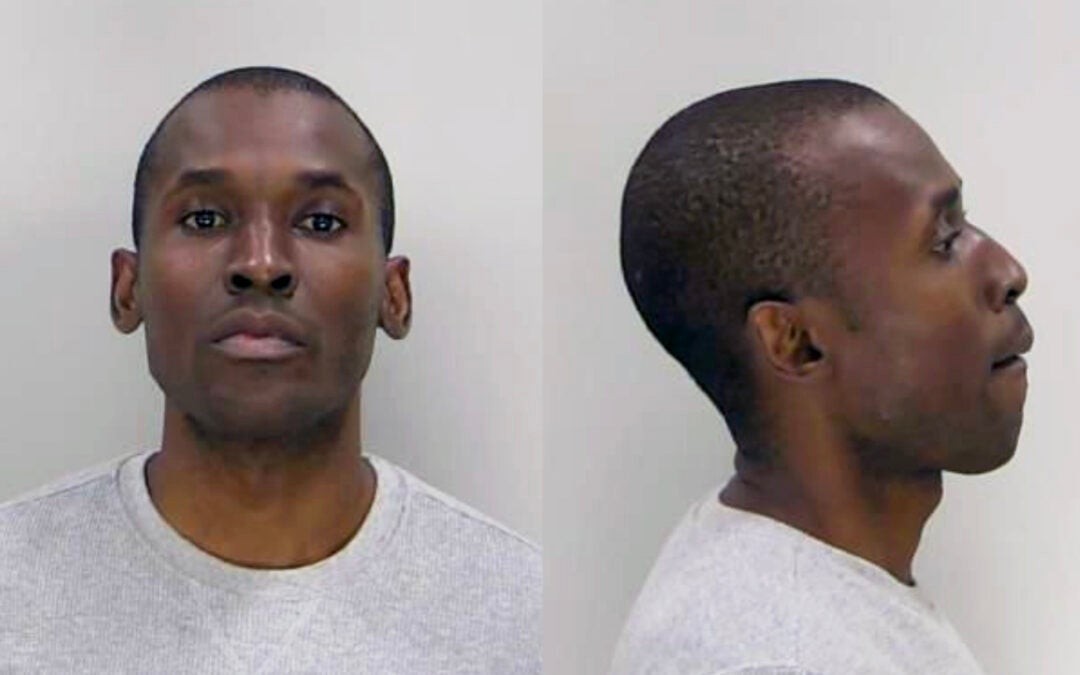The former Augusta commissioner in prison for destroying evidence and lying to the FBI has filed a new appeal claiming a mishandled thumb drive could have cleared him.
Sammie Sias also maintains that computer files he deleted weren’t really gone, because they potentially could be restored using backup software.
Sias, 69, is about five weeks into a three-year sentence at medium-security Federal Correctional Institution Williamsburg, S.C. There is no parole in the federal system. His court-appointed attorney, Jesse Owen, filed the appeal Monday with the U.S. Court of Appeals for the 11th Circuit.

The case stemmed from a 2019 FBI probe of corruption in the local government. Agent Charles McKee sent subpoenas to Sias and other local officials for records tied to construction overseen by Sias at an area community center.
Sias assured McKee he’d turned over all records sought by the FBI. But McKee and other witnesses testified at trial that Sias deleted thousands of files from a city-owned laptop within a few hours of receiving a subpoena for bank records.
But in May 2020, Sias claims he presented a thumb drive to former federal prosecutor Troy Clark “with specific instructions to make two copies” and send one to the FBI. Sias said the drive contained files sought in one of the subpoenas.
Sias wasn’t indicted until July 2021. Soon after, Clark informed Sias he couldn’t represent him because Clark might be called as a witness to testify about the thumb drive, according to the appeal.
Around the same time, Clark sent the thumb drive to a Florida firm for a forensic examination. It remained there for 10 months.
Sias ended up being represented at trial by Crowder Stewart, the firm where Clark is a partner. Sias paid $50,000 toward a $100,000 fee on Aug. 3, 2021.
He asked David Stewart if “Mr. Clark would be in trouble” because Clark hadn’t “followed those instructions” and turned the thumb drive over to the government. “You might be the one in trouble,” Stewart replied, according to the appeal.
In July 2022, a jury deliberated just two hours before finding Sias guilty on both counts. But a few days later, Sias requested a new attorney and after an off-the-books hearing, the court assigned Owen to represent him moving forward.
The appeal claims testimony backs Sias’ assertion that the files he deleted weren’t actually gone. “A deletion on a computer is not actual destruction,” and nor are they concealed when the files can be recovered without forensic tools, it said.
The appeal also claims the thumb drive might have prevented his indictment for altering evidence or for lying about it.
Sias raised similar issues in March motions for a judgment of acquittal or a new trial. In their motion to deny, assistant U.S. attorneys Patricia Rhodes and Tara Lyons argued Sias had already committed the acts – deleting files and lying about it – at the time any thumb drive or file recovery came into play.








